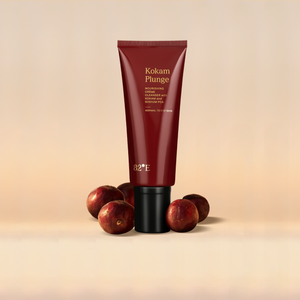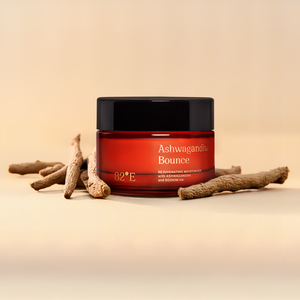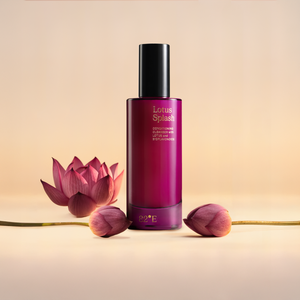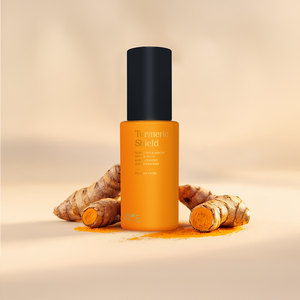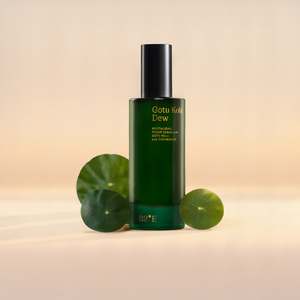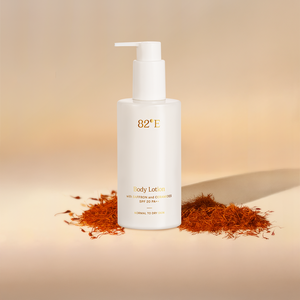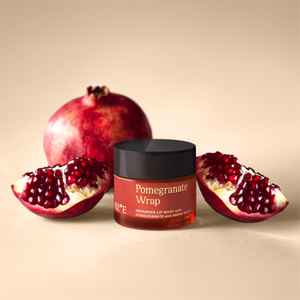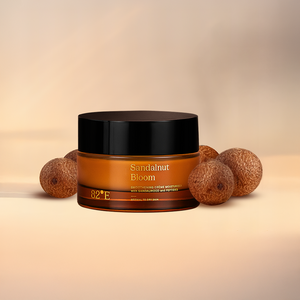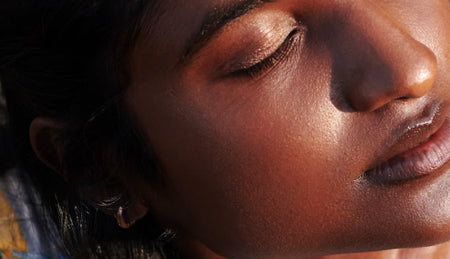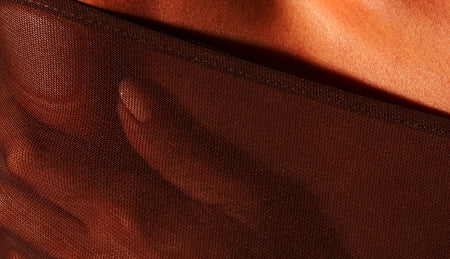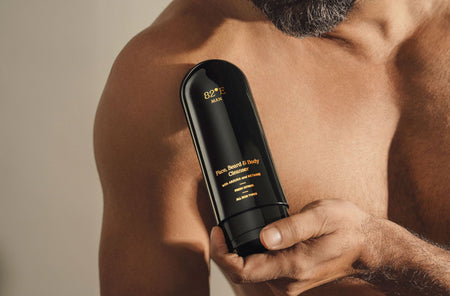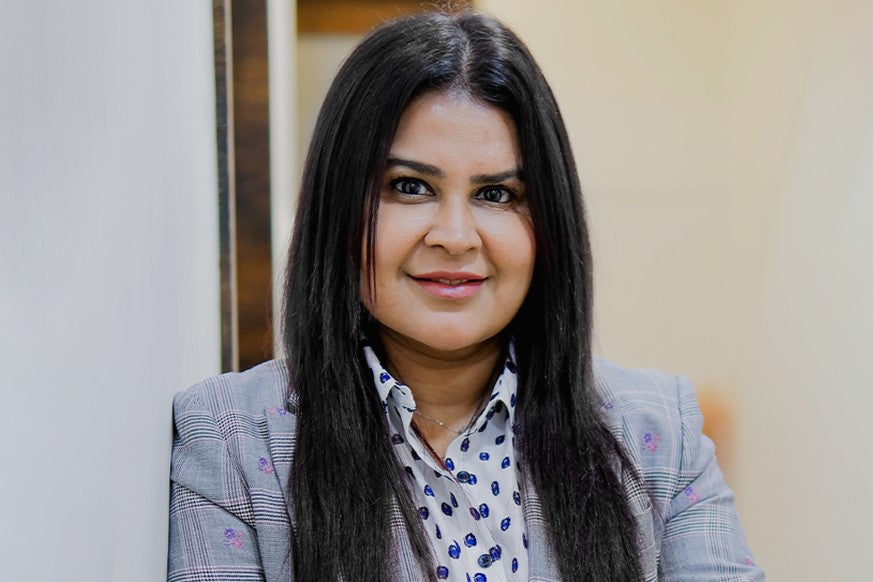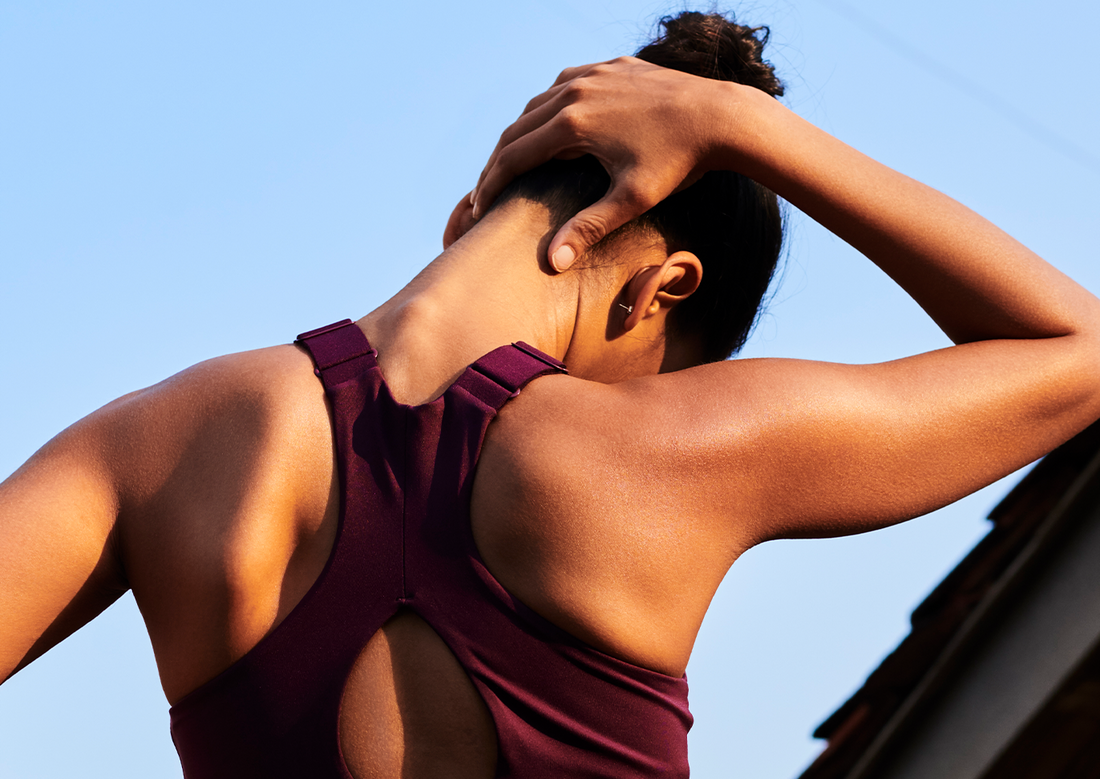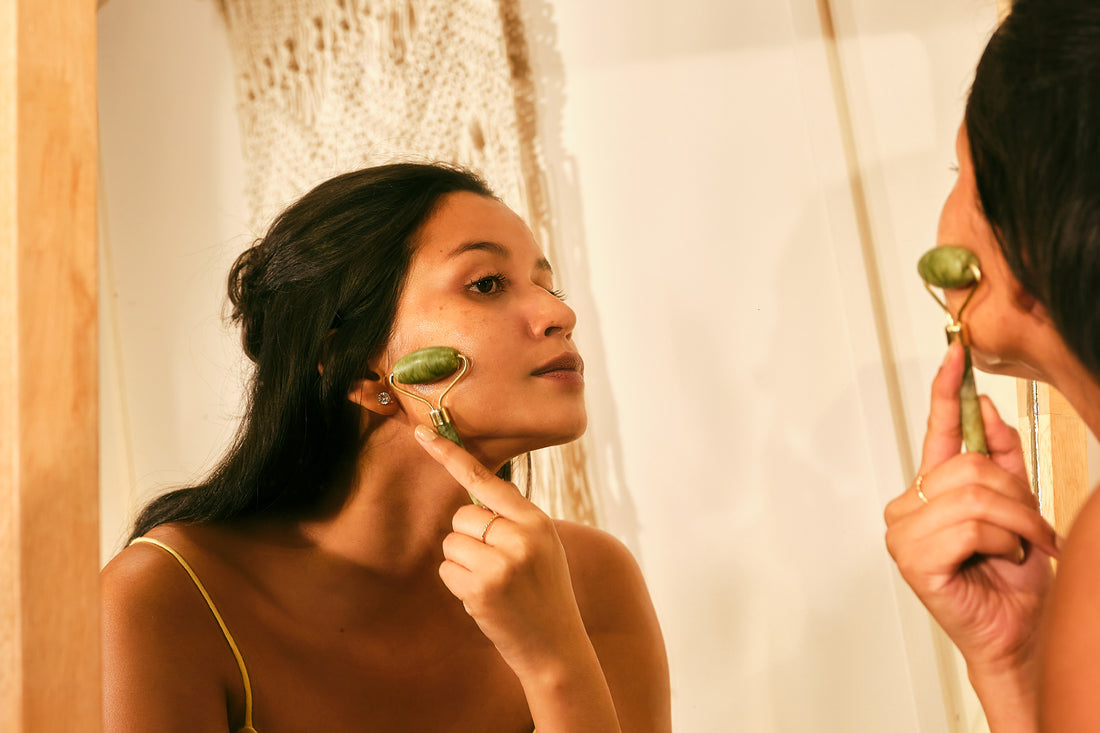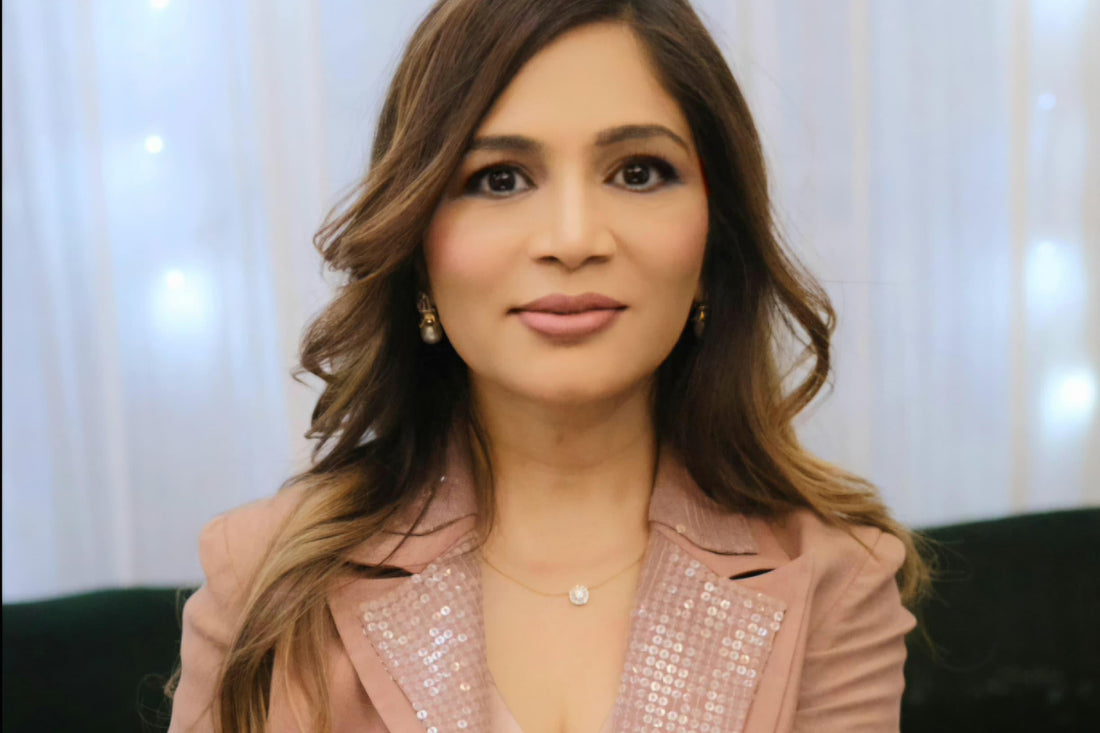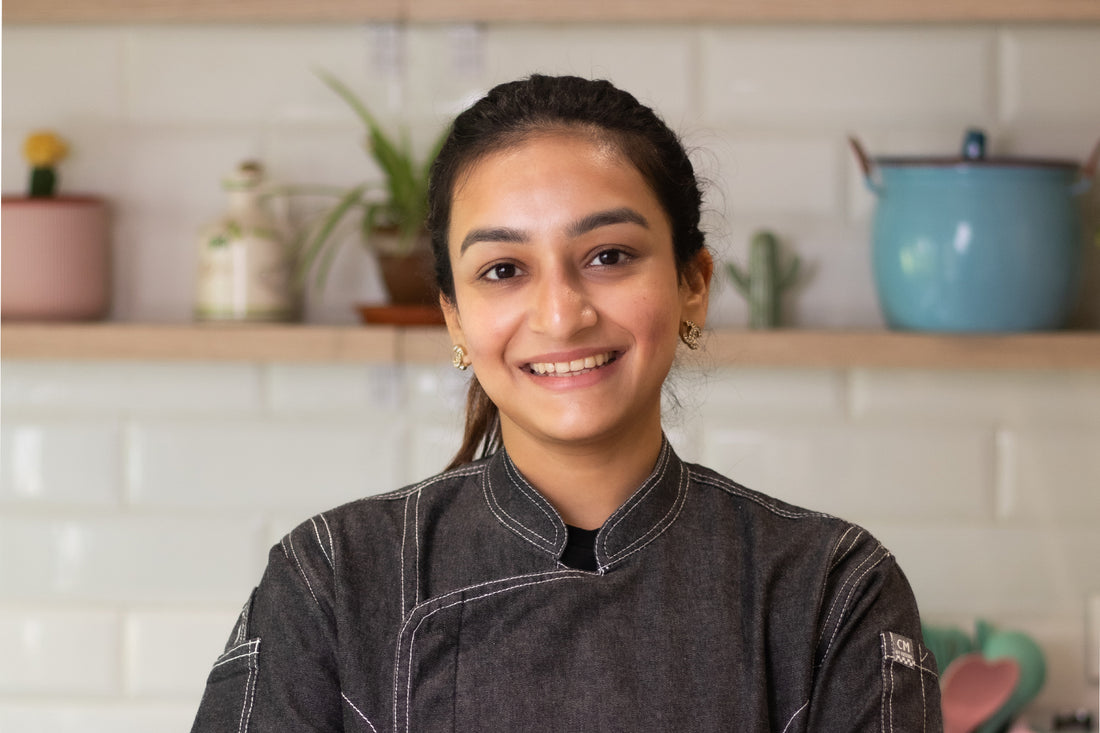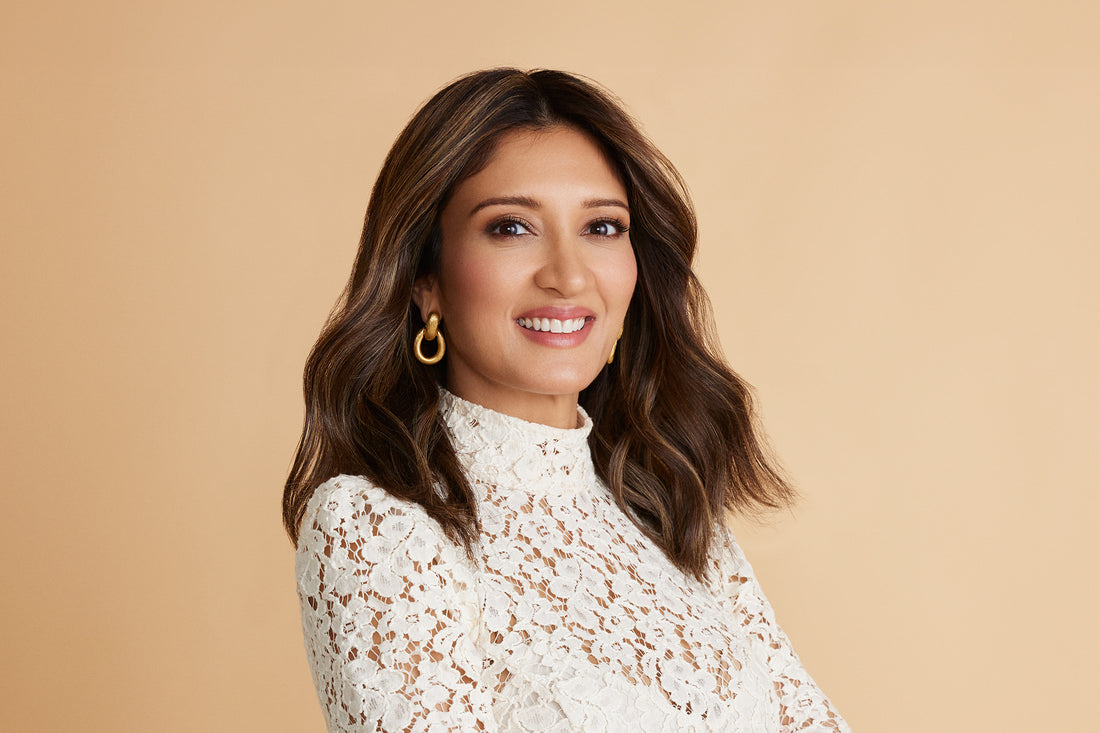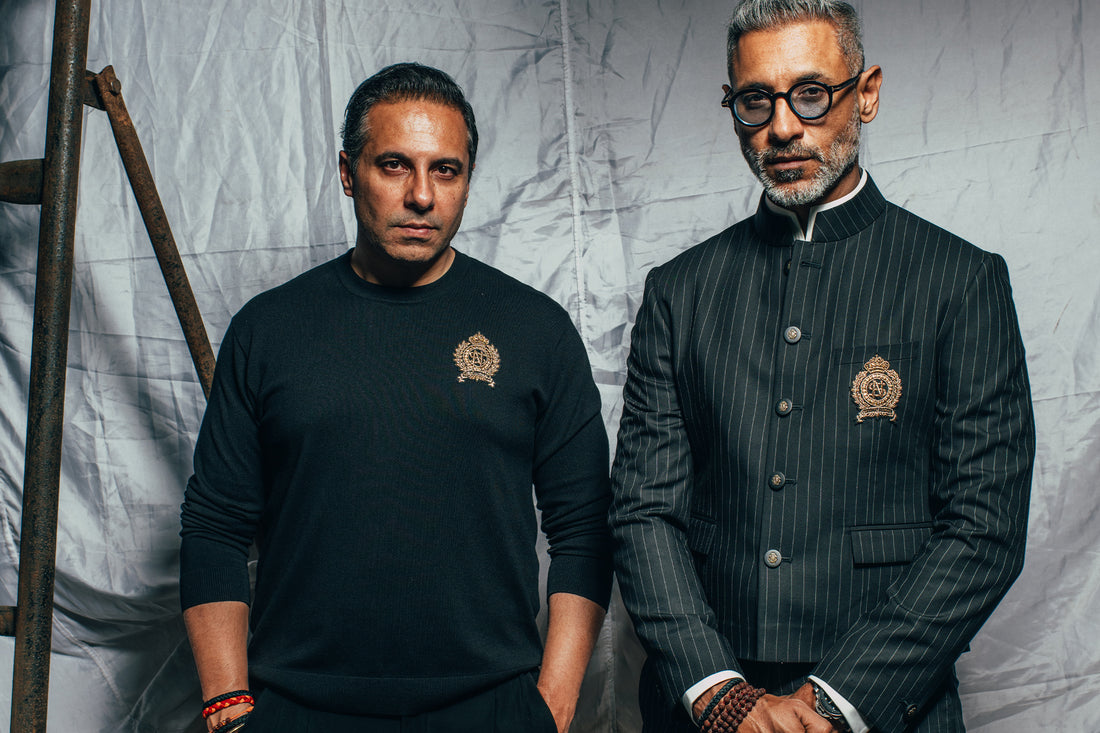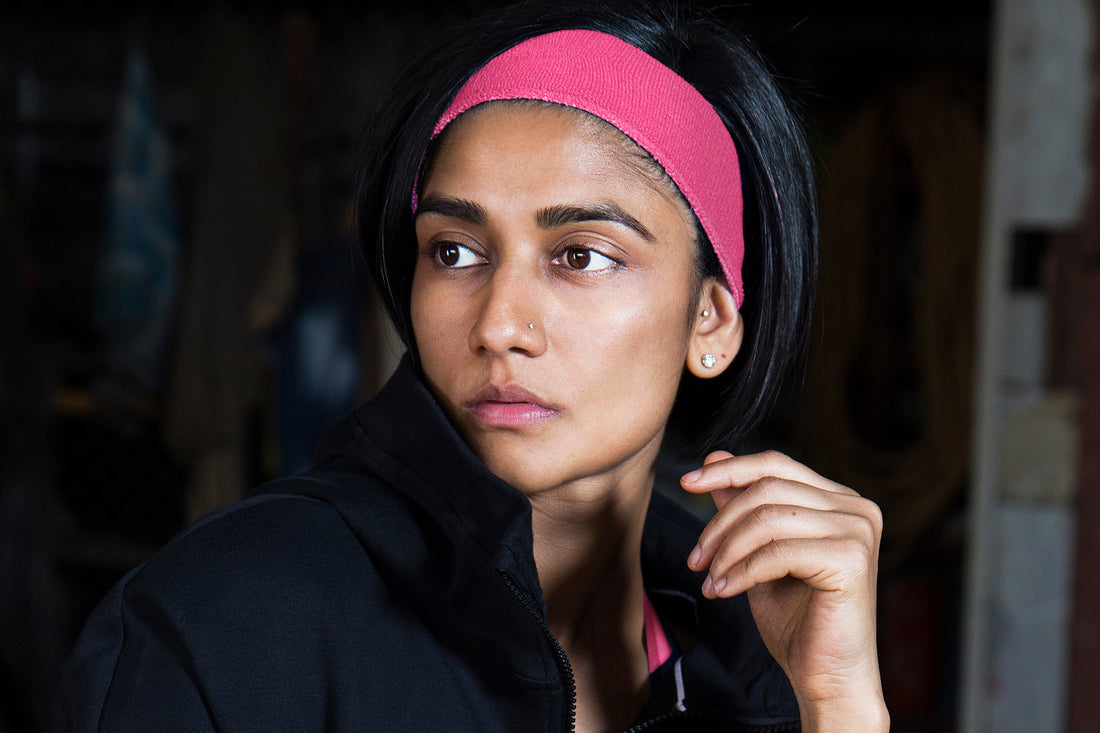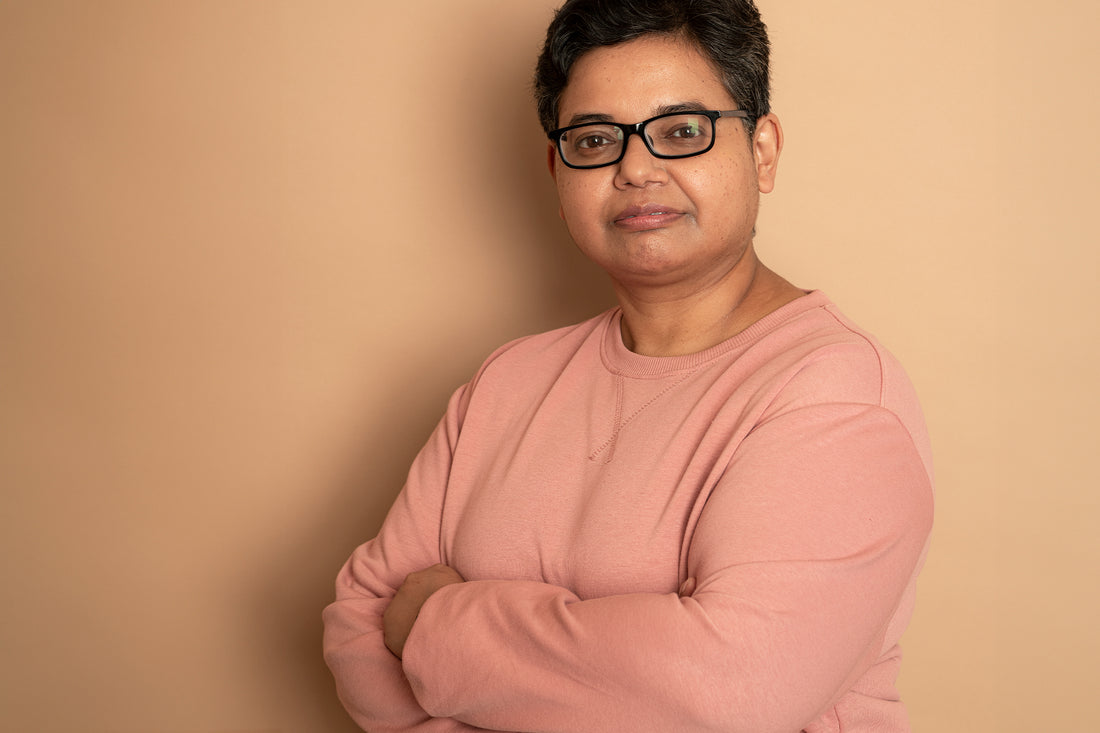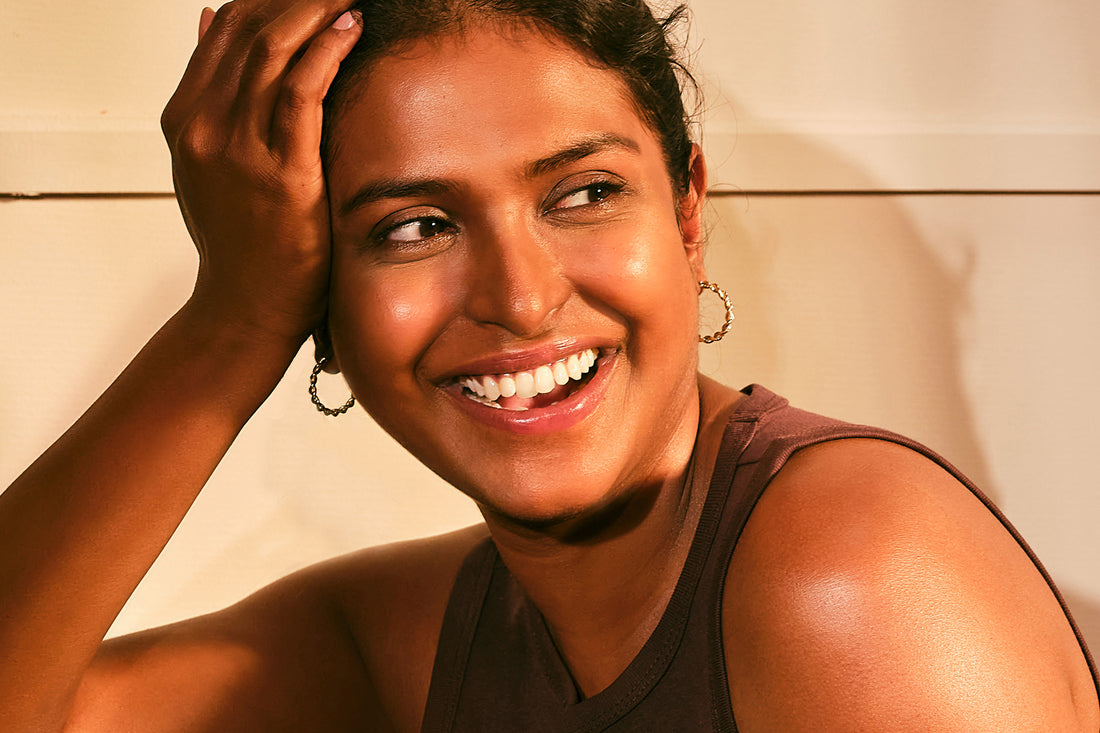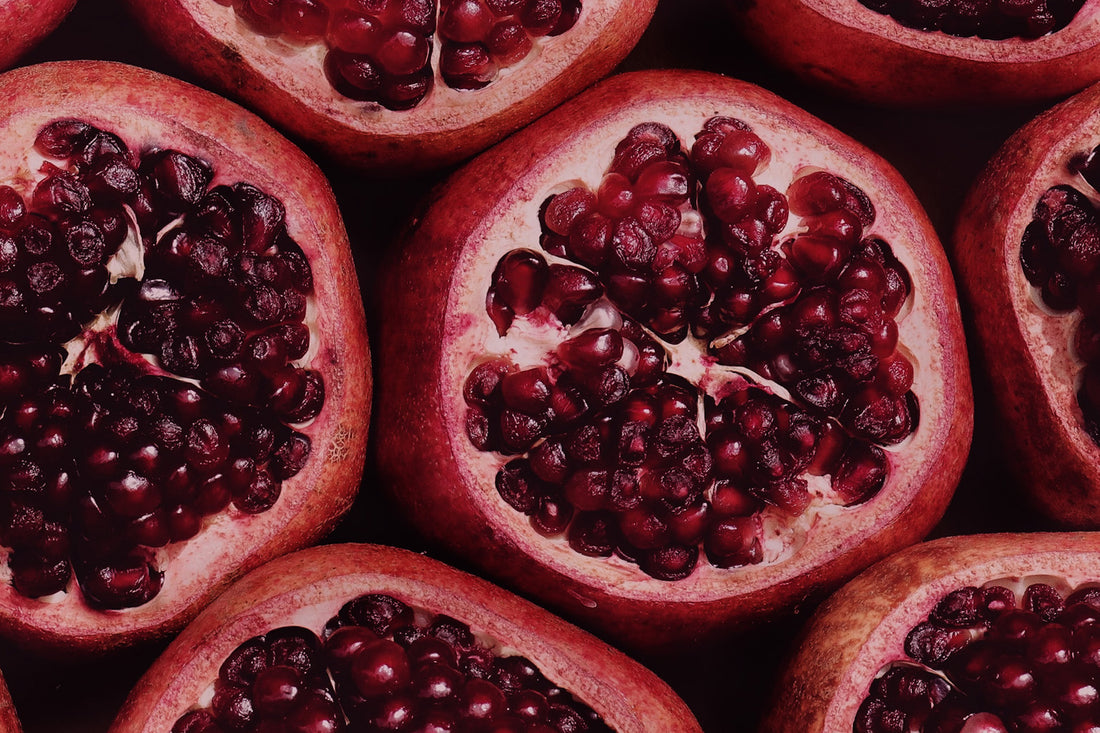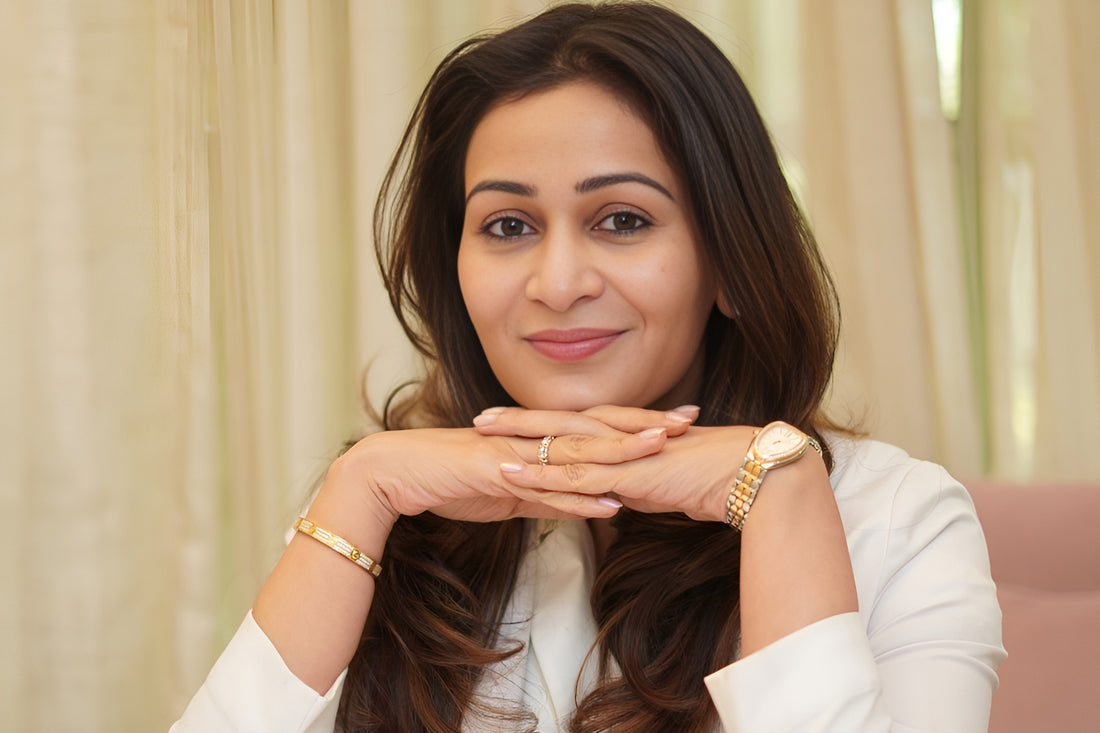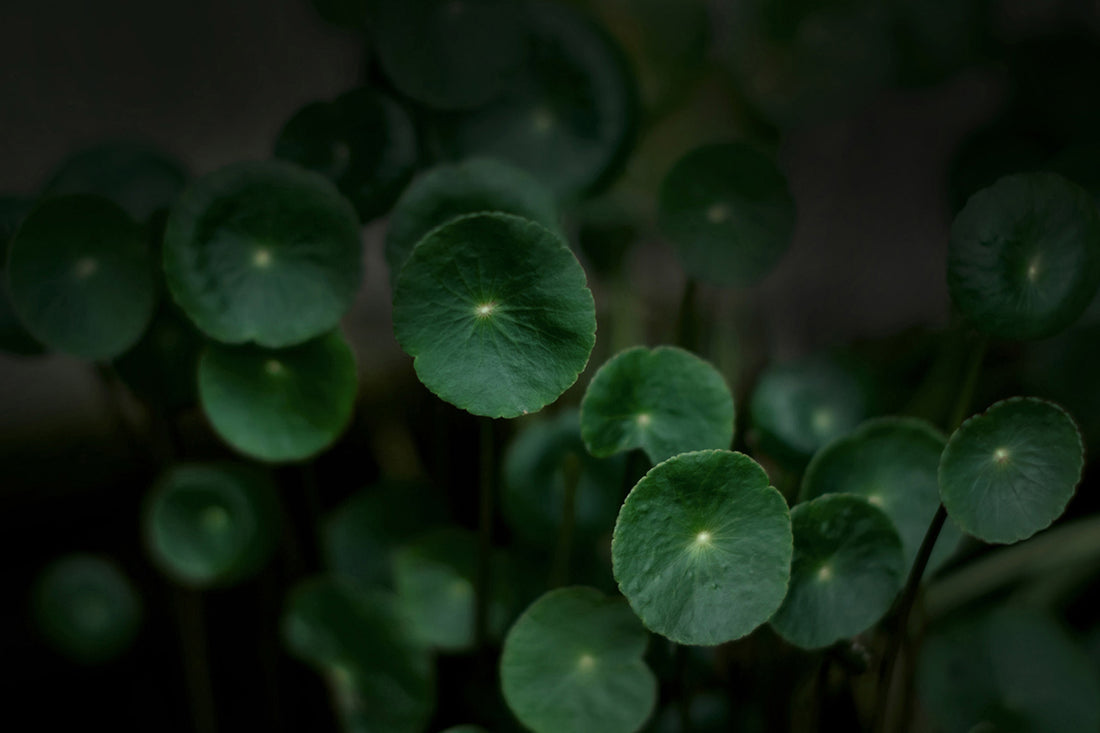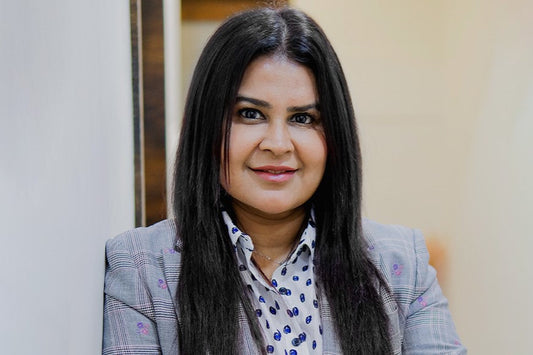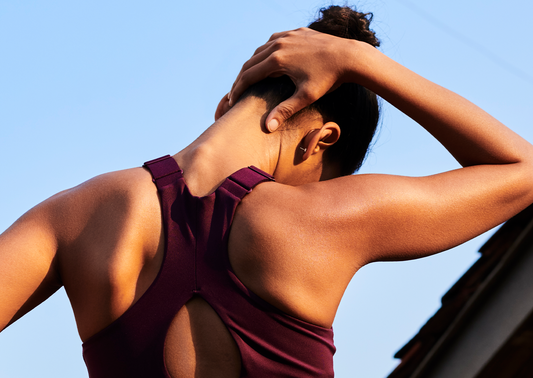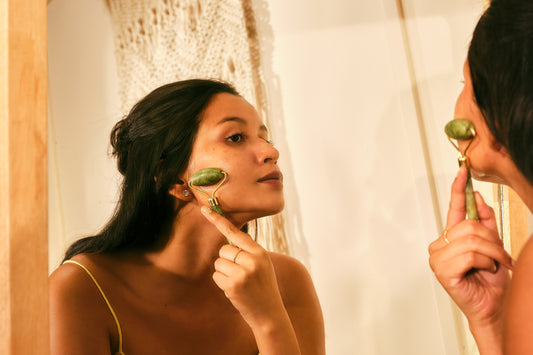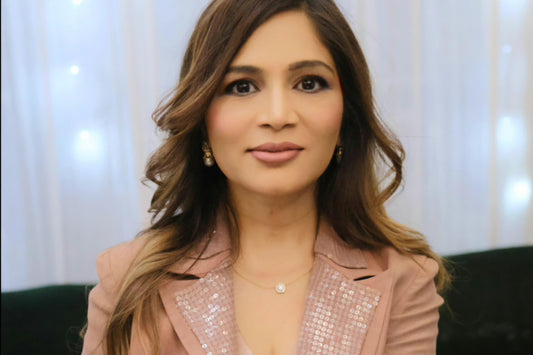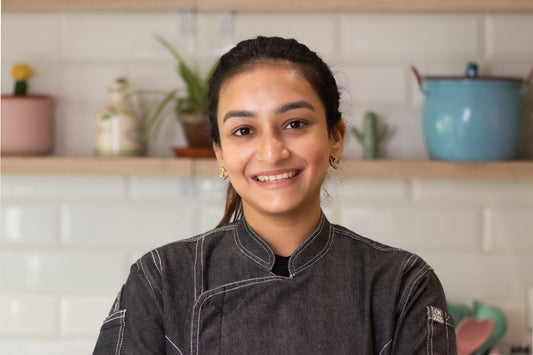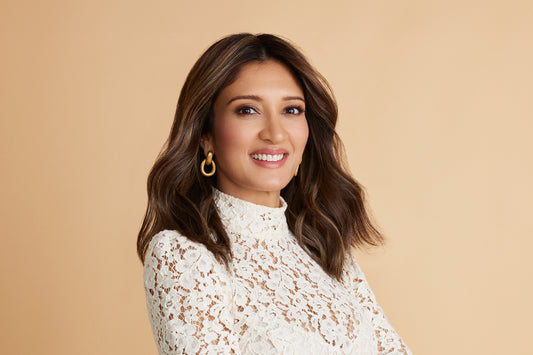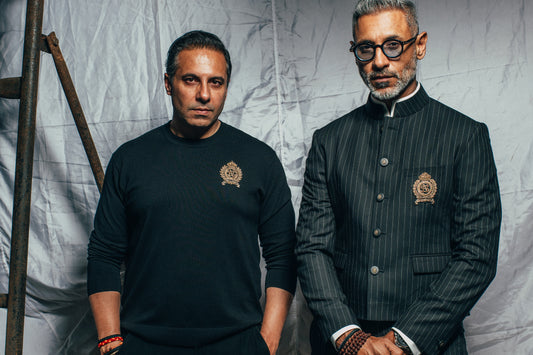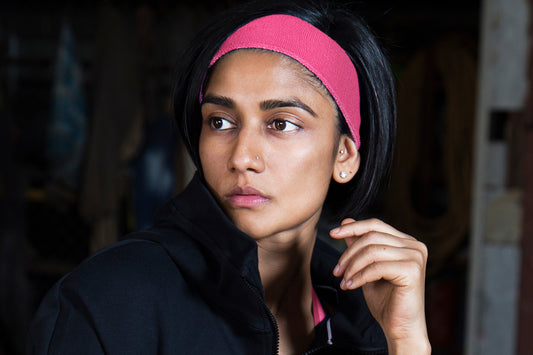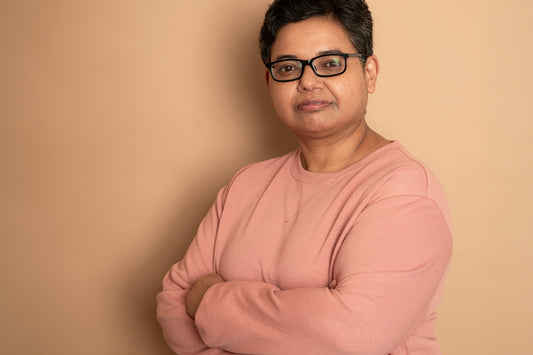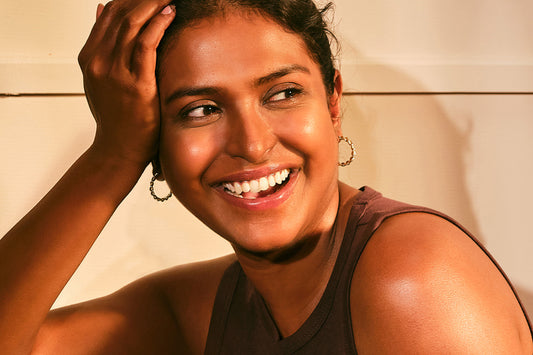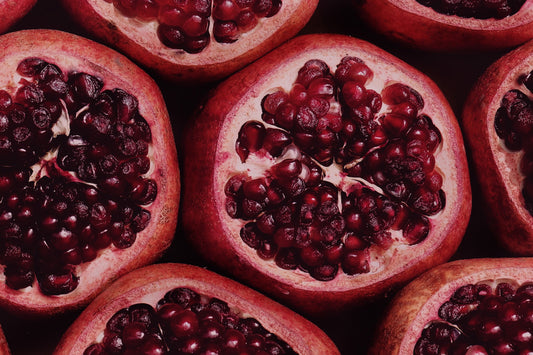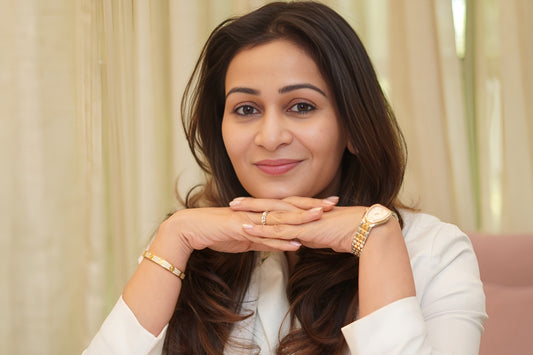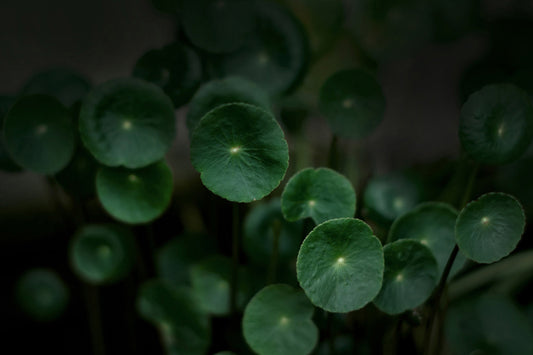
A big part of our effort to make self-care a part of everyday life has been to invite experts to share what self-care means to them, along with new ideas and suggestions.
And so when it came to our latest 82°E Man range and self-care for men—something that is surrounded by several misconceptions—we looked to one of the world’s foremost experts on the subject: Jay Shetty. In a candid conversation with our founder Deepika Padukone, Jay shares his take on self-care and his advice to men who are just beginning their self-care journeys.
Jay Shetty is the global bestselling author of “Think Like a Monk” and “8 Rules of Love: How to Find It, Keep It, and Let It Go,” and the award-winning podcast host of On Purpose.
Deepika Padukone: I wanted to start by asking: what does self-care mean to you?
Jay Shetty: Self-care to me means so many things. For a long time, it felt like just taking care of the body, relaxing, and sleeping well. But now, self-care means taking care of myself physically, mentally, emotionally, and spiritually—because these are all parts of myself. And so self-care is this beautiful subject matter that goes from the outside in and inside out. And it's deeply important to me.
DP: What are some of your self-care rituals? Do you practice them every day?
JS: I’ll start with the physical. I believe it's so important to have movement every day. A lot of people think it has to be the gym or something intense, but one of my favorite things is going on a hike, which is very common in LA where I live. Moving, sweating, getting fresh air, and being in nature—I find it really energizing. I do this pretty much five days a week.
My mental practice for self-care is meditation. Meditation for me is about finding that stillness within.
There's so much chaos, so many notifications, so much news, so much negativity, so much noise…there's so much happening outside of ourselves. And I find that if I can just find some stillness, then that can make a huge difference.
Now for emotional self-care, I find that what we eat is a huge part of how we feel. I've learned a lot about this from my wife, Radhi, who's taught me all about how different herbs and spices can affect us. And my deepest habit for myself is deep relationships. I think having vulnerable, open conversations, and having a friend that you can open your heart to is also a practice of self-care that we often forget about.

DP: Women often feel a lot of guilt when practicing self-care rituals, because we're so conditioned to always put other people before ourselves. Do men experience the same feeling of guilt?
JS: Yes, and what that guilt made me do was overextend myself for others thinking that I was helping them. But what would happen is I would get sick and exhausted. And now I was helping them from a place of pain and stress rather than from a place of love, joy, and kindness.
We want to help people we love, but often when we're tired, we’re giving them our leftovers. If I'm in a better state of mind, I'll be able to give more to the people I love.
DP: Do you believe that when you take care of yourself, it borders on being indulgent?
JS: It can be tough for someone who's trying to portray themselves as strong and masculine to take care of their skin and grooming and everything else that comes with it. But I think we have to realize that we’re not doing it so that we appear in a certain way to anyone else. We’re doing it because we’ve been gifted with this layer of skin, our health—so taking care of it and maintaining it is not indulgent at all. The self-care rituals that we're talking about today don't require you to go someplace, learn something new, or do something extravagant.
As you get older, you start to realize: “I wish I started self-care five years ago.” My dad used to tell me about some of these things when I was in my 20s and I would think “Whatever, I don't need to listen to you right now.” And now that I'm in my mid-30s, I'm thinking “Gosh, he was so right.” So it's better to start right now.
DP: What is the one message that you would like to share with all of the men who are just starting their self-care journey?
JS: My biggest advice would be to try and start small. You don't have to add four products. You don't have to start doing everything in the world. Make it natural for yourself. And when you observe the benefits and the rewards, you'll get the momentum to want to do more.
DP: Like you said self-care doesn't have to be complex or overwhelming. Whether it's skincare, hydration, movement, sleep, or nutrition—they're all things that we do every day. I think it's important to just do it consistently, in small, simple ways, and with mindfulness.
JS: I fully agree with you. I remember back in the day I was always thinking, “God, I gotta work out today and I've got to do this and that for self-care today,” but that mentality will set you up for failure.
I think we have to be happy that we get to take care of ourselves. It is a privilege and it is something that we should be enthusiastic about. We should think: “I'm so happy to do this. I'm so lucky.”
*This transcript is adapted from a longer interview and has been lightly edited for length and clarity.
